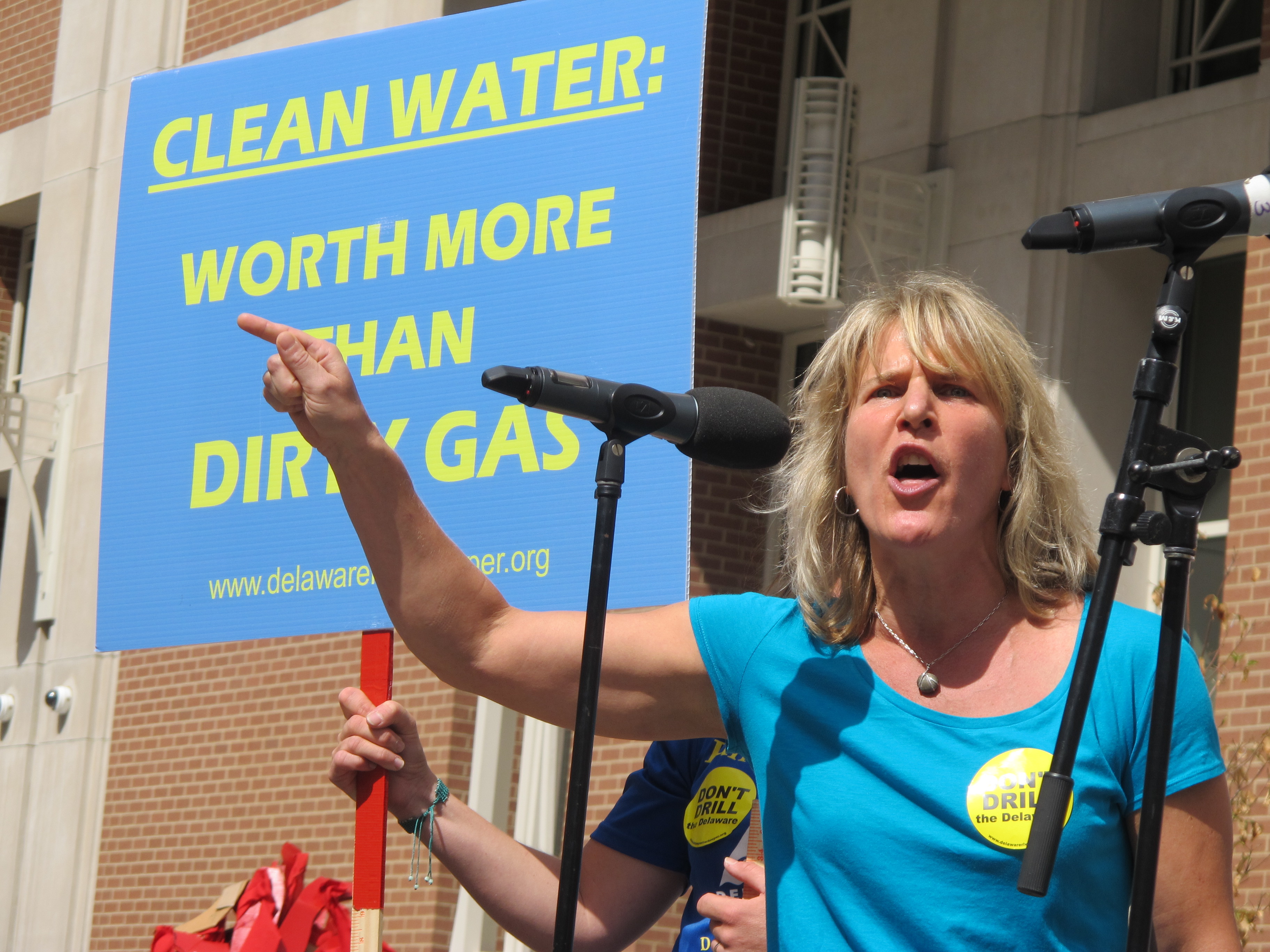Council resolution supports Commonwealth Court’s decision to declare Act 13 unconstitutional

Philadelphia City Council passed a resolution Thursday morning supporting the Pennsylvania Commonwealth Court’s July decision to strike down portions of the natural gas industry regulation law, Act 13, which would supersede local zoning laws. The provisions would have required municipalities throughout the state to allow drilling in most zoning districts, so long as they respected state-mandated buffers. The Council resolution, which was introduced by 4th-District Councilman Curtis Jones, passed unanimously.
Testifying prior to Council’s vote, May van Rossum of the Delaware Riverkeeper Network said that Act 13 set a “dangerous precedent,” both in terms of the environmental threat from natural gas drilling and from state laws that restrict municipal zoning power.
“There is little that communities across the state can do to protect themselves,” van Rossum said, “but what little power they do have is through zoning and the municipal code.”
The Delaware Riverkeeper Network and other environmental groups have raised myriad concerns about the potential health detriments of hydraulic fracturing for residents in close proximity to the drilling. A moratorium on gas drilling in the Delaware River Basin has been in place since 2010, supported by an earlier resolution of City Council which said drilling should be prohibited until a full environmental impact study could be completed.
In late July, the Commonwealth Court seemed to say just that. It ruled that the law “violates substantive due process because it allows incompatible uses in zoning districts and does not protect the interests of neighboring property owners from harm, alters the character of the neighborhood, and makes irrational classifications …”
The Court also ruled that the state’s interest in utilizing its natural gas resources was not the same as a zoning interest: “The state’s interest in oil and gas development is centered primarily on the efficient production and utilization of the natural resources in the state. Zoning, on the other hand, is to foster the orderly development and use of land in a manner consistent with local demographic and environmental concerns.”
The Delaware Riverkeeper—which, as a side note, the Court ruled did not have legal standing to sue over the law—is encouraging municipalities throughout Pennsylvania to pass resolutions supporting the Court’s ruling that Act 13 is unconstitutional. To date, around 100 municipalities have passed such resolutions, according to Maya van Rossum.
The case is being appealed to the Pennsylvania Supreme Court, and van Rossum hopes that local support will show the Court a united opposition to the Act. The resolutions are symbolic, however, and do not have the force of law.
Jordan Yeager, an attorney for the Delaware Riverkeeper and two Bucks County townships involved in the suit, said he couldn’t comment on how seriously the Supreme Court would consider opposition to the law when it hears the appeal. But he added, “I think whenever there is a clear decision from the court below, like they have from the Commonwealth Court, and whenever there’s such a broad-based outrage at an overreach by Harrisburg, I think that’s something that’s apparent on its face, and something the Supreme Court will be able to recognize.”
Councilman Jones said the resolution was important from an environmental standpoint as well as a jurisdictional one.
“[The] Big Brother capacity of the state and even the Federal Government always tramples the little guy at the end of the day, which is the City of Philadelphia,” Jones said. “But we do have rights. And we should exert those rights when it comes particularly to protecting citizens. My granddaughter drinks that water, and that’s motivation enough for me.”
Though Council was unanimous in its support for the resolution, Councilman David Oh did point out that he believes the natural gas industry is an important job creator in Philadelphia and around the country. He said he supports the resolution as it relates to Philadelphia’s power to create its own zoning regulations, but does not oppose fracking outright.
The Supreme Court will hear oral arguments on the appeal of the lower court’s decision starting October 17th, in Pittsburgh.
Contact the reporter at jaredbrey@gmail.com and follow him on Twitter @jaredbrey
WHYY is your source for fact-based, in-depth journalism and information. As a nonprofit organization, we rely on financial support from readers like you. Please give today.



